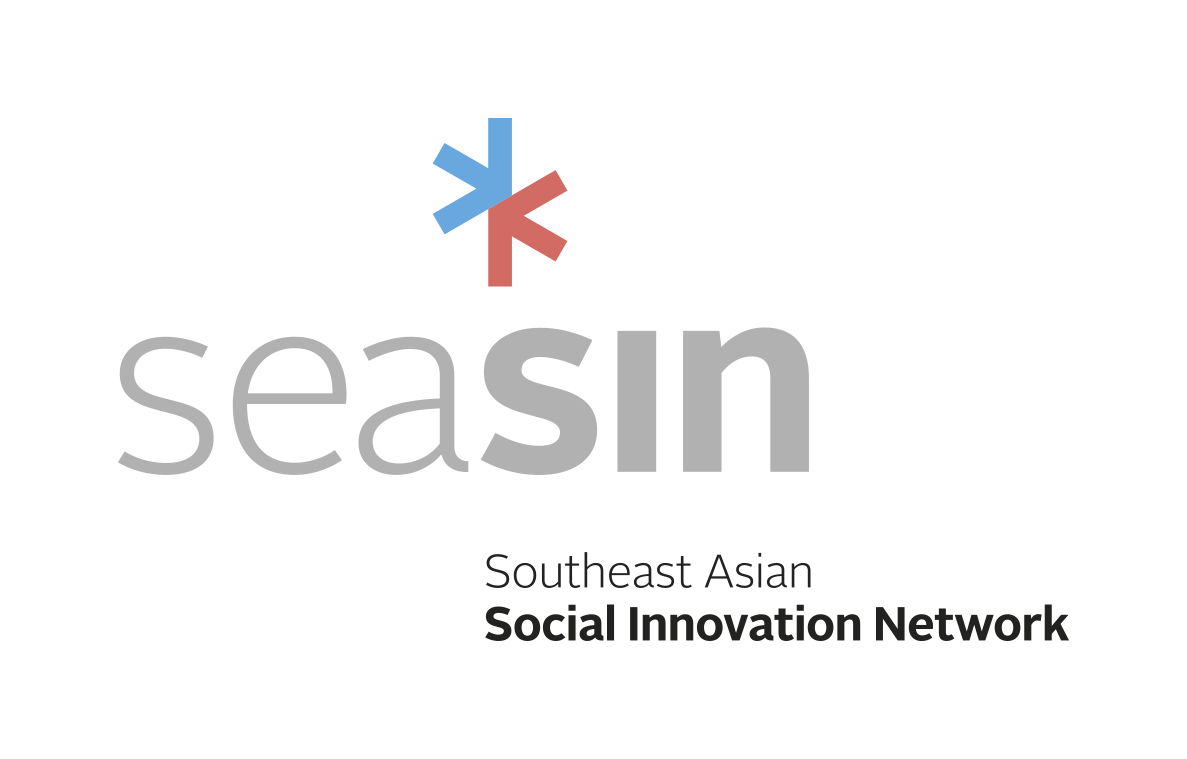Enabling Academy
In response to the high unemployment rate amongst people with autism, Gamuda Group established Project Differently-Abled (DA) since 2013. Young adults on the autism spectrum were employed as part of Gamuda’s workforce since March 2014. This project was initiated by Gamuda’s group managing director Datuk Lin Yun Ling as part of the public-listed group’s Diversity & Inclusion programme designed to create an inclusive workplace. To date, Gamuda Group has employed 20 employees who are on the autism spectrum. The success of Project DA has inspired the company to pioneer Enabling Academy, an Employment Transition Programme in 2016 to equip more people with autism to work in professional jobs. This programme is fully sponsored by Yayasan Gamuda [Gamuda Foundation].
Key Objectives of Enabling Academy
The key objective of Enabling Academy is to provide a three-month employment transition programme to enable more people with autism to achieve sustainable white-collar or professional employment which leads to independent living. EA aims to collaborate with Partner Companies to create gainful and sustainable employment for more people with autism nationwide by training and developing a circle of support in each respective partner company. Enabling Academy promotes an inclusive and open-minded work culture that appreciates the abilities and contributions of employees with autism (Figure 1).
Figure 1. Roles of Enabling Academy
Programme Overview and Structure
Enabling Academy has two intakes per year. Each intake recruits a maximum of 10 trainees. There are four key processes involved to promote sustainable employment (Figure 2). As shown at Figure 2, Enabling Academy aims to promote sustainable employment through providing continuous support even after trainees’ job placement. Upon enrolment into Enabling Academy, each trainee will be assigned a job coach to monitor and follow-up on their progress. Individualised support is given to equip trainees with employability skills for meaningful employment.
Figure 2. Key processes involved to promote sustainable development
There are two courses offered at Enabling Academy. Course I and Course II are designed to equip trainees with relevant soft skills and practical job training that are essential for employability:
Course I: Personal Development for Career Sustainability
This course focuses on soft skills development, covers three modules: Personal Management, Career Management and Life Management. Training is conducted in classroom setting with creative approaches that encourage active participations from trainees for effective learning. Lessons learned is enhanced during practical training.
Course II: Job Skills Development
A mock office with simulated-based learning approach is set up at the academy to provide trainee an experience in a corporate work environment with relevant jobs, such as administration, IT assistant or programmer, research assistant, accounting and engineering profession to develop their employability skills. Besides practical job training, basic work etiquettes such as communication skills, accountability, team work and time management are taught in practical ways.
Eligibility Criteria to Join Enabling Academy
Applicants who are 21 years old and above and have an official autism diagnosis or medical report from a registered psychologist/ psychiatrist are eligible to apply for Enabling Academy.
Other requirements include minimum secondary school education (or equivalent), diploma or a bachelor’s degree, possess basic work etiquette and vocational aptitude suitable for any administrative or professional jobs in corporate setting, interested in corporate employment and has the ability to work in an office environment as well as independent living skills. For further details, please refer to appendix 1 (E-flyer of Enabling Academy).
Personnel at Enabling Academy
At present, there are six full-time staff who are professionally trained in the field of psychology, special education or counselling are employed to support the group’s 20 DA employees, 18 graduates from Enabling Academy who have been placed into respective partner companies and 11 trainees who are currently undergoing three-month pre-employment training. Each staff serves the role as a trainer and job coach.
Current Achievement
In the span of a year, from May 2017 to April 2018, Enabling Academy has placed 18 young adults with autism in 15 corporate companies that are partners of Enabling Academy. Their position includes administrative assistant, technical officer (chemical engineering), accounts officer, document analyst, mailing clerk/coordinator, data entry officer and others.
Conclusion
EA is currently in collaboration with the Malaysia Department of Social Welfare to organise a seminar on Employment Transition Programme (ETP) for key stakeholders such as Department of Special Education, Department of Skills Development, relevant NGOs and Private sectors, in view of implementing ETP as a national programme to equip more people with disabilities for employment. Being a pioneer Employment Transition Programme in Malaysia, EA hopes to be a role model to other employment transition centres in our nation.

Recent Comments